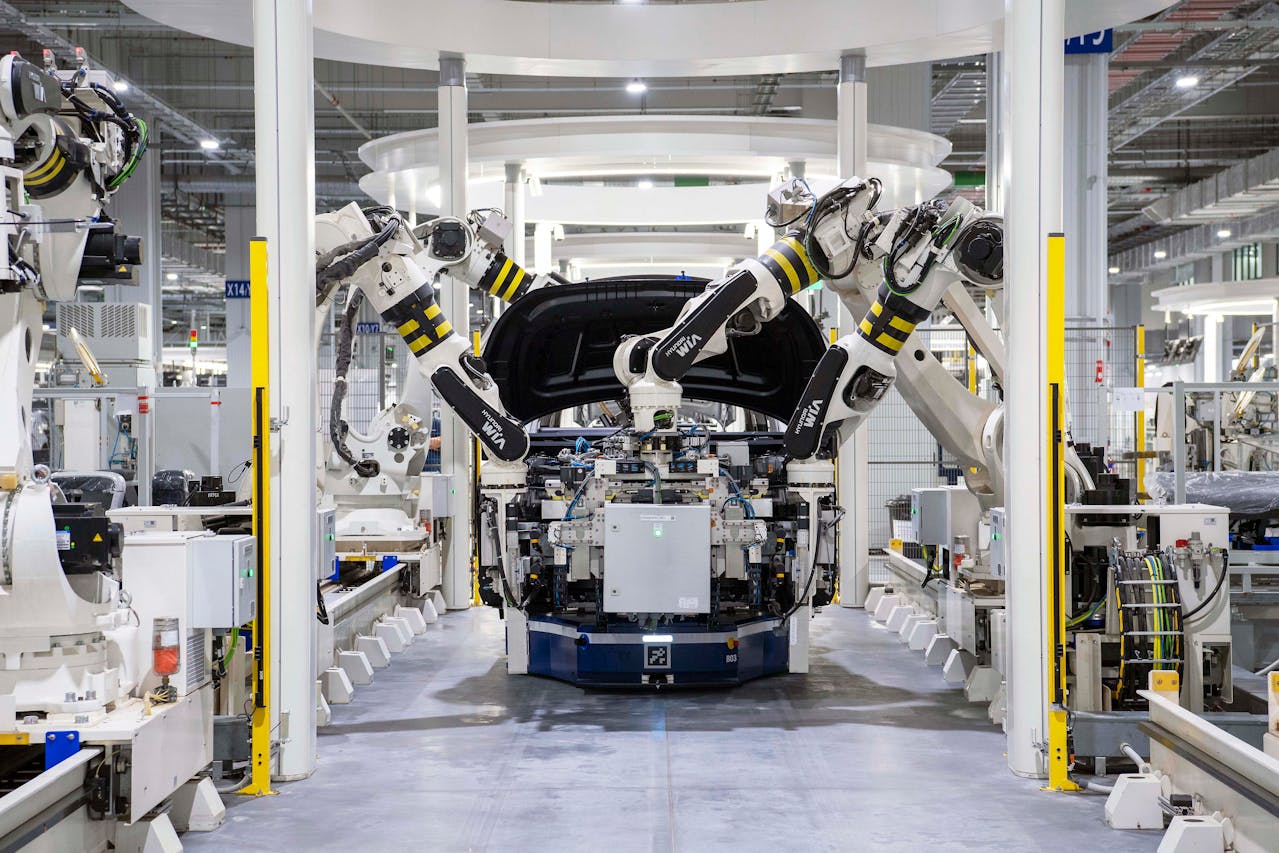In a significant development in global trade relations, China has filed a formal complaint against India with the World Trade Organization (WTO), alleging that India’s electric vehicle (EV) and battery subsidy programs provide an unfair competitive advantage to domestic manufacturers. The complaint was confirmed by China’s Ministry of Commerce on Wednesday, October 15, 2025, as reported by Reuters.
According to the Chinese Ministry, India’s incentive schemes for local EV and battery production are “distorting fair competition” and “undermining China’s interests in international trade.” The ministry also stated that Beijing will take “firm measures to protect the rights and interests” of its domestic industries, signaling a potential escalation in the ongoing trade tension between the two Asian economies.
China’s Concerns Over India’s EV Push
China has long been a global leader in electric vehicle manufacturing, accounting for nearly two-thirds of global EV sales — around 1.3 million units — according to market research firm Rho Motion. However, India’s aggressive push for domestic EV production through initiatives like ‘Make in India’ and the Production Linked Incentive (PLI) schemes has reshaped the competitive landscape.
Beijing argues that India’s EV and battery subsidies are designed to favor local companies, effectively limiting market access for foreign players, including Chinese automakers and battery suppliers. The complaint to the WTO, therefore, seeks an investigation into whether India’s policies violate international trade rules related to fair competition and market access.
India’s National Critical Mineral Stockpile (NCMS) Programme
The dispute coincides with reports that India is preparing to launch a National Critical Mineral Stockpile (NCMS) programme, aimed at strengthening the country’s self-reliance in key mineral resources. According to The Economic Times, the NCMS initiative will ensure the availability of rare earth elements — materials crucial for the production of electric vehicles, wind turbines, and other clean energy technologies.
By building a strategic reserve of these minerals, India hopes to reduce its dependence on imports, particularly from China, which currently dominates the global supply chain for rare earth elements. The move is seen as part of India’s broader strategy to secure its green technology supply chain and promote sustainable industrial growth.
Global Trade Implications
China’s complaint to the WTO comes at a time when several nations are reassessing their reliance on Chinese manufacturing amid global supply chain disruptions. Analysts suggest that the case could test the WTO’s ability to handle disputes involving emerging clean energy sectors, where national industrial policies often clash with international trade norms.
If the WTO takes up the case, it could have far-reaching implications for both countries’ EV industries and for the global push toward clean mobility. For India, the dispute may serve as a test of its industrial policy autonomy, while for China, it marks another effort to defend its global dominance in the EV and battery sectors.
India’s Growing EV Ambitions
India’s EV market has been expanding rapidly, with both government and private sector investments flowing into battery manufacturing, charging infrastructure, and local EV production. The country aims to achieve 30% electric vehicle penetration by 2030, supported by various tax incentives, import duty benefits, and production-linked incentives.
While China’s complaint highlights growing friction in trade relations, it also underscores India’s rising influence in the global EV ecosystem — a space once dominated by Beijing.

